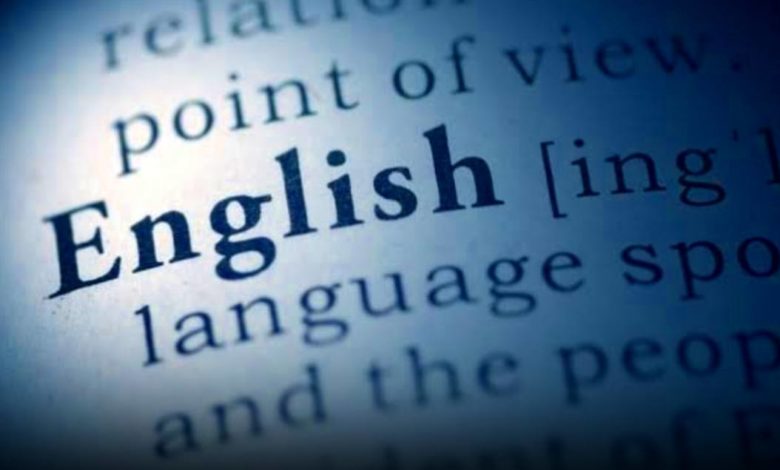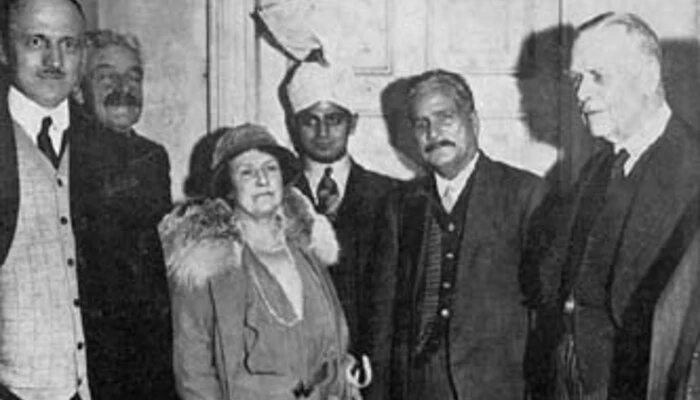The dilemma of English communication

Amreen Mir
The dilemma of English communication has been inherited from Britains since Pakistan appeared on the world map. From the struggle for independence till to-date as an independent nation, we have failed to overcome this petty issue.
It is beyond comprehension despite Urdu being declared as our national language, the state has failed to incorporate it fully. No matter the announcements, recruitments or whatsoever any other decree, it’s done in English language.
Everytime the issue of English language understanding has been highlighted at every forum along with dying quality of Education prevailing in the country, but it feels a sense of achievement by still keeping English language as merit guage meter for Pakistani society.
It is an undeniable fact that learning English is inevitable.
However, if the country understands its national language better and runs its day to day affairs in the same language, why does failing in an international language become an obstacle to secure the place in administrative department? Let’s go the other way round where failing English language is a no-win situation in Pakistan.
The issue has been taking the headlines every other day. But, unfortunately, the education system seems to be on its last legs. Being the birth-mate, India, has progressed in all spheres socially, politically, and economically.
It will be surprising for you all to know that all of their public institution recruitment tests are given an option to be either attempted in English or in their own national language.
Moreover,in Pakistan, the state’s failure to comply with the quality standard education to its citizens has given rise to the mushrooming low cost private schools and innumerous academy culture in the state.
It is no lesser than adding insult to the injury where rise of such institutions have no other objectives than commercializing.
Let’s be evaluative of our history. In 1960s, Pakistan was titled as Asia’s fastest growing economy leaving India behind.
The sole reason behind it was its powerful administrative structure. The education system was improving, leaders were visionary, and the system overall was on its way to stability.
Afterwards, the vested interests of the leaders dominated the national interests and development of the state. Every department was pushed to stagnation due to bad governance and corruption.
However, one thing that never changed was measurement scale for the English language. Rather, it became even tough, resulting in massive failures of the candidates in all sort of examination, let alone be competitive exams.
The lowest administrative tier of the state is hired on the basis of competitive exam, heir to Britain imperialism in the subcontinent.
Despite the interaction of the public servants with the general masses is in their regional language, yet they are to be entitled as “pure angraiz” to reach that seat.
The irony is all the officers in the top tiers have started a side business in the name of guidance. Just because they passed their test, they tend to feel as if they have achieved mastery in the relevant subject.
As a result, it has robbed the future of millions of expert teachers. Miserably, our nation is more tempted to see the highest cadre achievements of a person than to assess the knowledge and expertise of the teacher in the relevant subject.
This is one of the sole reasons behind the dwindling education sector and the failure of a maximum number of candidates in any exam.
English isn’t a hard nut to crack, but sensationalising the very subject in all sorts of educational and professional setting across the country has infused fear and terror amongst innocent aspirants.
Government must revamp its testing services and assess the merit-base on knowledge and expertise via national language as its medium, not English.
Pakistan is losing on the economical fronts with one reason being the wastage of talented youth, which fails to convince examiner in English.
We have amazing people in all the fields if they are hired based on their qualification and hands-on experience which can help Pakistan develop economically, socially, and politically.














